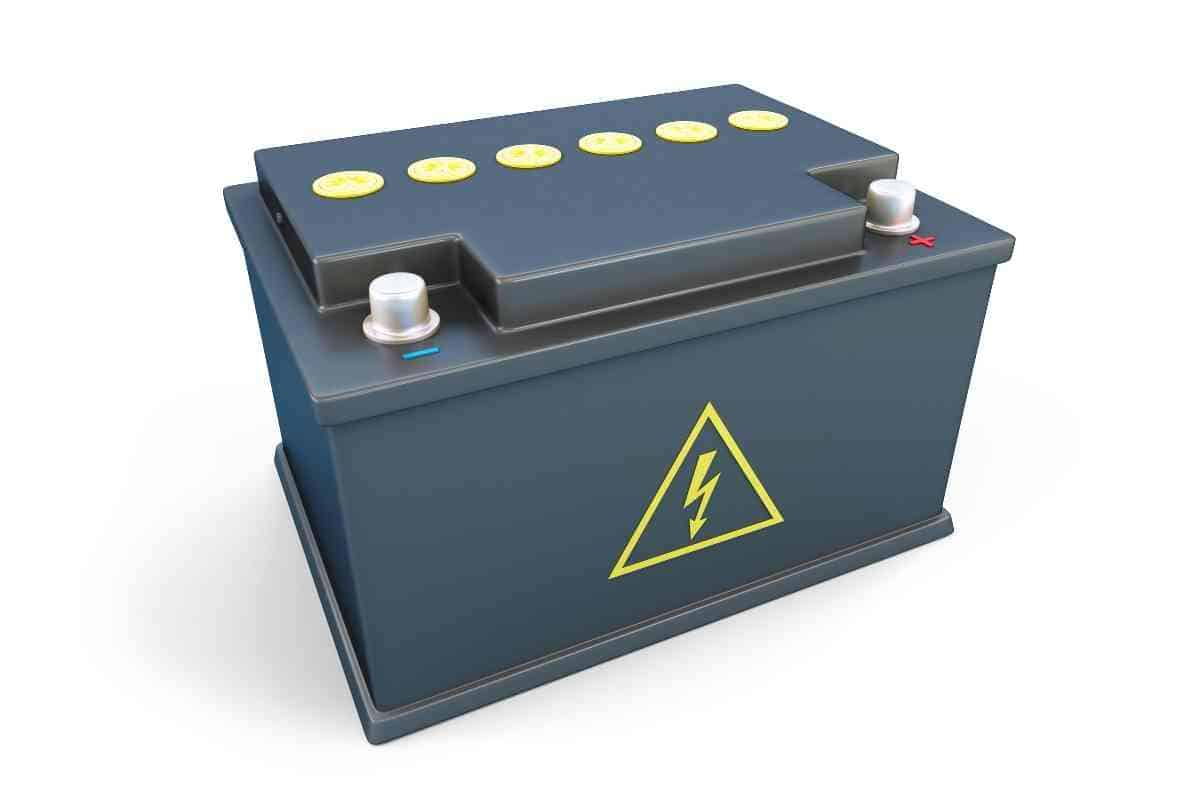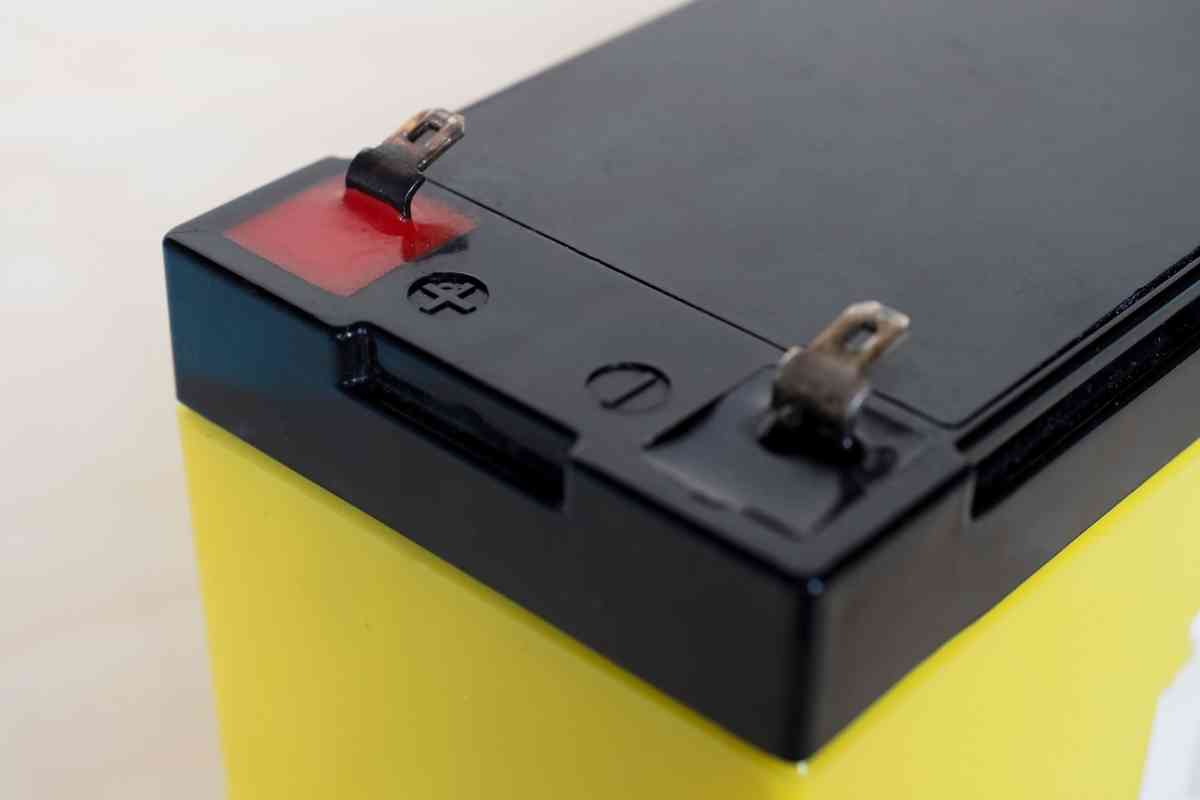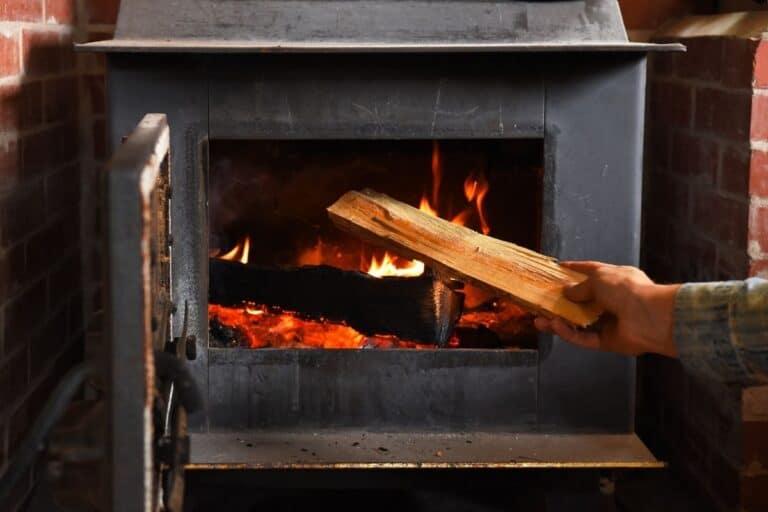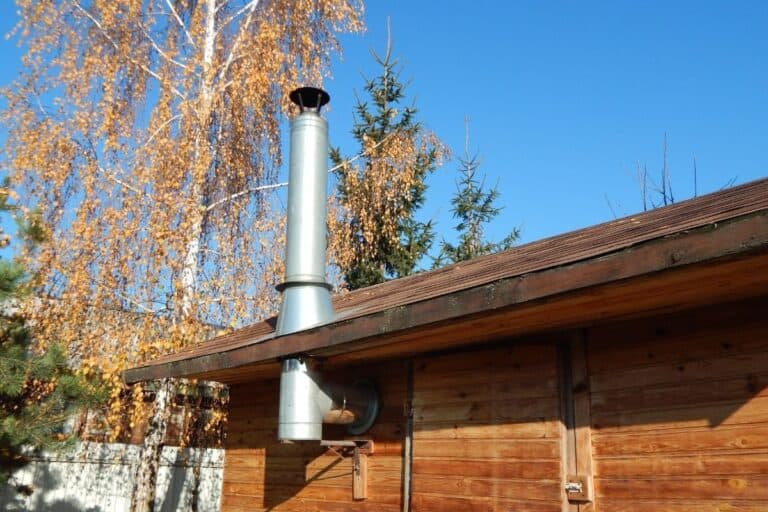How Long Will My Leisure Battery Last Off-Grid?
That is a question that many people are asking these days.
With the cost of solar panels and wind turbines coming down, more and more people are making the switch to renewable energy sources.
But what happens when there is no sunshine, or the wind isn’t blowing? That’s where your leisure battery comes in. In this article, we will explore the time your leisure battery should last and some tips on how to extend its life.
How Long Will My Leisure Battery Last Off-Grid?
The most vital factor in determining how long your leisure battery will last is the type of battery you choose. Lead-acid batteries have a lifespan of around two to four years, up to ten with proper care. Gell batters last five to seven years. Lithium-ion batters easily last 10 years or more.
In addition to selecting the best type of battery, there are a few other kinds of stuff you can attend to prolong the life of your leisure battery.
First, make sure that you always use a smart charger.
An intelligent charger will not overcharge or undercharge your battery, significantly reducing its lifespan.
Second, try to avoid letting your battery sit unused for long periods.
If you don’t plan to use your boat or RV for an extended period, it’s good to disconnect the leisure battery and store it in a cool, dry place.
With proper maintenance, lead-acid batteries should last around two to four years, gel batteries should last approximately five to seven years, and lithium-ion batteries should last up to ten years or more.
Keep these helpful tips in practice, and you can ensure that your leisure battery will provide many years of reliable service.

Why use solar to charge my battery?
Solar energy is a renewable resource, which can be used repeatedly.
It is also environmentally friendly because it doesn’t produce any harmful emissions as coal or gas power plants do.
And unlike other types of renewable energy, such as wind or hydropower, solar energy can be applied anywhere in the world – even in places with no wind or water available.
Another importance of solar energy is that it is entirely silent.
You can’t hear a solar panel running as you can listen to a wind turbine spinning.
This makes solar energy ideal for homes and businesses located in quiet neighborhoods or near wildlife sanctuaries.
Also, solar energy is a modular technology, which means that you can add more panels to your system as needed.
If you decide to go solar later in life, you can easily add more panels to your existing system.
Despite solar energy being environmentally friendly and silent, it is also cost-effective.
The cost of solar panels has come down notably in recent years, and they are now more affordable than ever before.
In addition, many states and municipalities offer tax breaks and other incentives for installing solar panels.
And unlike fossil fuels, solar energy is free – once you have installed the necessary equipment, the sun will provide all the power you need for free.
So if you’re looking for a renewable energy source that is environmentally friendly, silent, and available anywhere in the world, solar energy is a perfect choice.
Contact a local solar installer today to learn more about how you can benefit from this sustainable, renewable resource.

Why shouldn’t I use wind power to charge my batteries?
Now that we’ve talked about some of the benefits of solar and wind power, let’s look at some drawbacks.
One of the major complaints about solar panels is their high cost – although this cost is coming down.
In addition, solar panels can only be used in sunny climates – they don’t work very well in cold weather.
Wind Turbines Also Have Their Drawbacks
High Initial Cost
Like solar panels, wind turbines have a high initial cost that can be a barrier for some people. However, as technology advances and the cost of materials goes down, this is becoming less and less of an issue.
Not Suitable For All Locations
Wind turbines only work in areas where there is a lot of wind. If you live in a room with little wind, a turbine won’t be very effective.
Noisy
Wind turbines can be pretty noisy, which is a downside if you live near one.
Can Kill Birds
Wind turbines can also be hazardous for birds, as they can get caught in the blades and killed.
Susceptible To Weather Conditions
Wind turbines are susceptible to weather conditions, such as high winds or lightning, which can damage them.
Requires A Lot Of Maintenance
Wind turbines also require a lot of maintenance, which can be a hassle for some people.
It Can Be A Fire Hazard
Wind turbines can also be a fire hazard, as they contain large amounts of metal.
Despite these drawbacks, solar and wind power are still the best options for renewable energy available today.
They offer several benefits that other forms of renewable energy can’t match, and their popularity will only continue to grow.
Contact a local installer today to learn more about how you can get started with solar or wind power and start saving money and helping the environment.
To conclude, solar and wind power are an excellent choices for renewable energy.
They are environmentally friendly, silent, and available anywhere in the world.
They also have several benefits over other forms of renewable energy, such as a high electricity output and low cost.
Despite their drawbacks, solar and wind power are still the best options for renewable energy available today.
Contact a local installer today to learn more about how you can get started with these sustainable technologies and save your money on electric bills.






